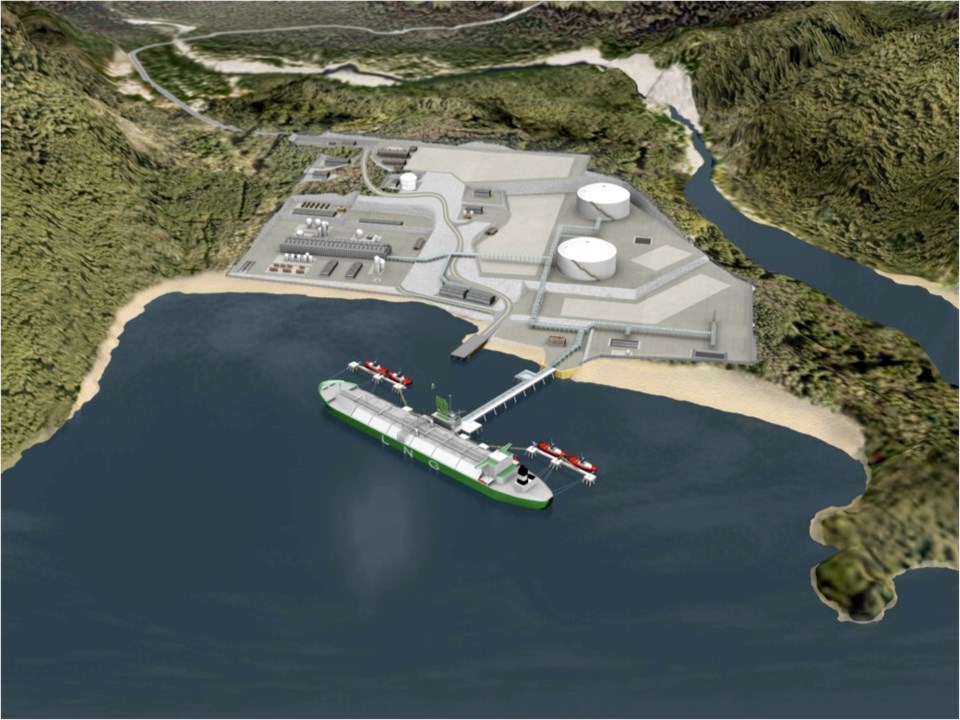Finance Minister Mike de Jong used today's budget speech to lay more groundwork for B.C.'s liquefied natural gas industry.
Acknowledging there are still skeptics when it comes to the future of the industry in B.C., de Jong announced the province will begin to draft legislation this fall to establish a tax regime to be applied to the sale of LNG, the rents and fees payable for the ruse of LNG facilities and the fees for processing natural gas at LNG facilities.
De Jong also committed $38 million over three years to the support and assessment of the industry.
"There are some skeptics out there who question whether this industry is real, and whether it will proceed in B.C. Well I can tell this house today: it is very real," de Jong said during his budget presentation. "Even the critics are starting to acknowledge the growing body of evidence."
De Jong noted seven firms now have National Energy Board export licences, two projects have entered into agreements with B.C. to pursue Crown land for production facilities and one project — Kitimat LNG — has been awarded a construction contract for a possible plant at Bish Cove.
De Jong said the government is proposing a two-tiered tax regime for LNG facilities.
The government proposes a 1.5 per cent tax to be applied when a production facility is up and running, and a second tier of tax as high as 7.0 per cent that would kick into effect when the company behind the facility has recouped its capital costs.
During a briefing with reporters, the finance minister said it was about striking a balance between getting a fair price for B.C.'s natural resources and being competitive enough to attract LNG producers to the province.
"This is how we propose to extract a fair share of the value that results from the export of our LNG to the world," he said.
There is no indication how much revenue the LNG income tax regime would generate or when it would start flowing, with de Jong noting it does not kick in until a facility is up and running.
In his budget speech, however, de Jong noted there have been estimates that after 10 years of production a single LNG plant could generate up to $1.4 billion in LNG income tax.
The province has set an objective of having three LNG terminal in operation by 2020, which de Jong still believes is achievable.
Legislation for the tax is expected to be introduced this fall with regulations and additional legislation to follow in 2015.
Other LNG initiatives included in Tuesday's budget included $29 million over three years to be spread through the ministries of aboriginal relations, environment, forests and natural gas development to help develop the industry. There is also $9 million over the next three years to support environmental assessment of the impact of LNG developments — facilities, pipelines and mining.



